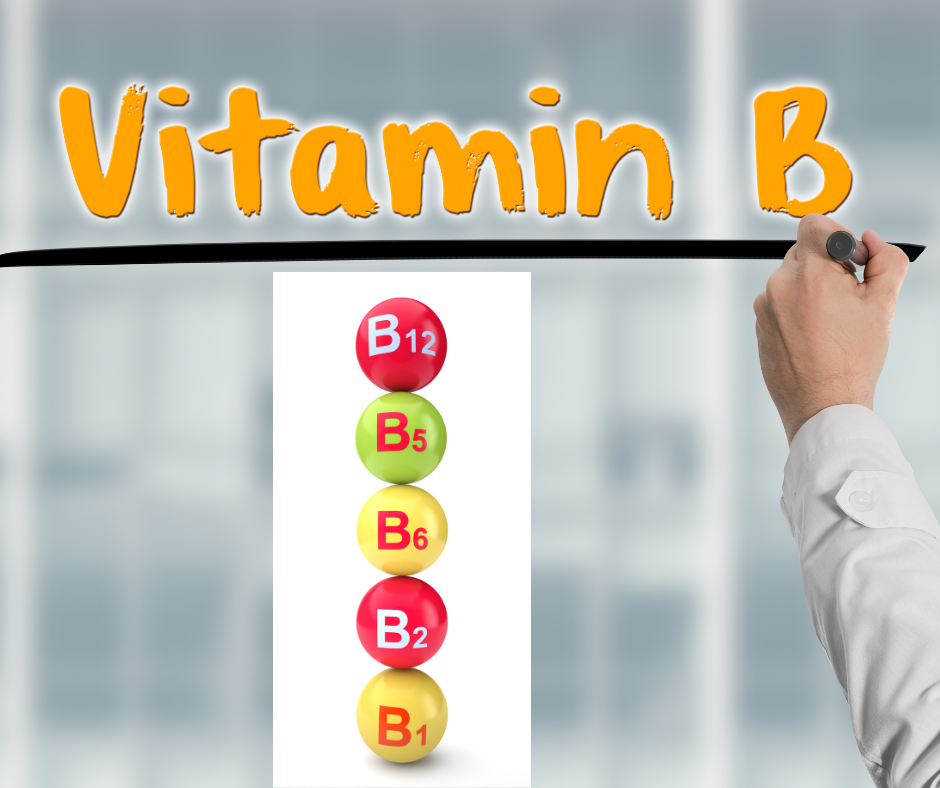
What this page is about and why you might enjoy reading it.
Vitamin B is a very important vitamin complex that helps with energy, neurological function and cognitive ability, amongst other things.
At the end of this post you will be able to understand what the various B vitamins do, how to spot possible signs of any deficiency and what food sources can help to increase levels.
Basics
B Vitamins are water soluble, this means that they are less likely to be stored long term and you need to keep them topped up.
B vitamins are important for many essential functions in the body
This post is to cover the basics about the individual wonderful B Vitamins.
What they all play a role in
All generally work with energy and cell metabolism
Making red blood cells
Making hormones
Neurological nervous system functioning
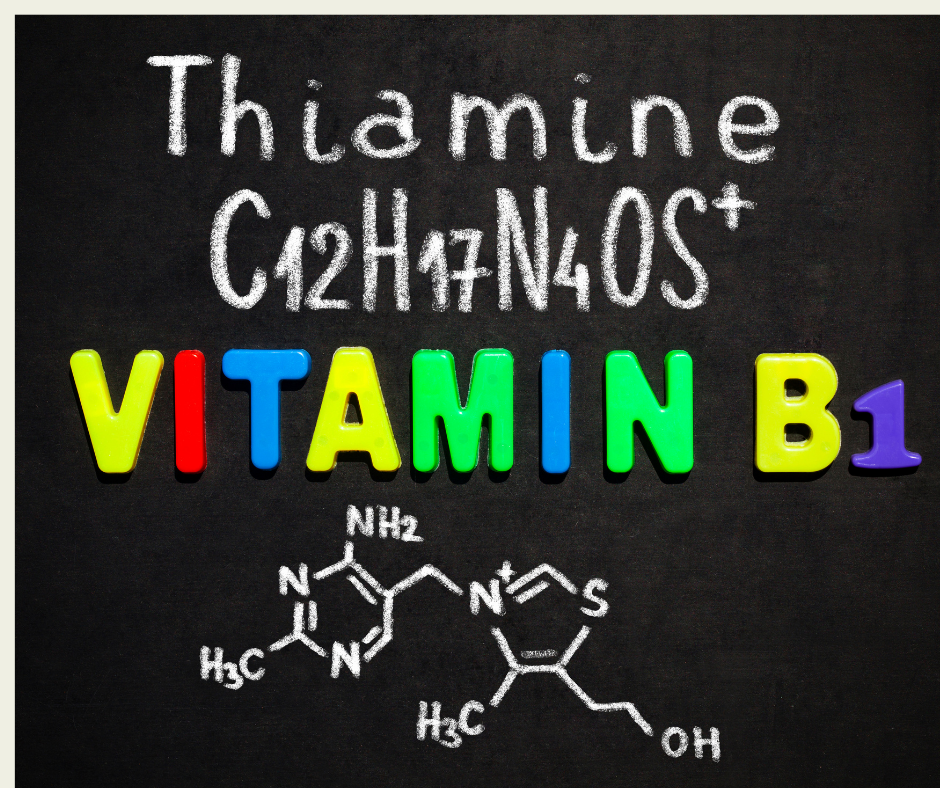
B1 (thiamine)
What does it do?
Mitochondria cell energy metabolism (stops you feeling fatigued).
Assists in getting energy from food.
Low B1 signs are fatigue, memory loss.
If you wish to supplement with B1 take it with digestive enzymes for maximum benefit.
Liver and even lean muscle meat has B1
Carbs decrease its absorption.
White rice and white bread deplete it.
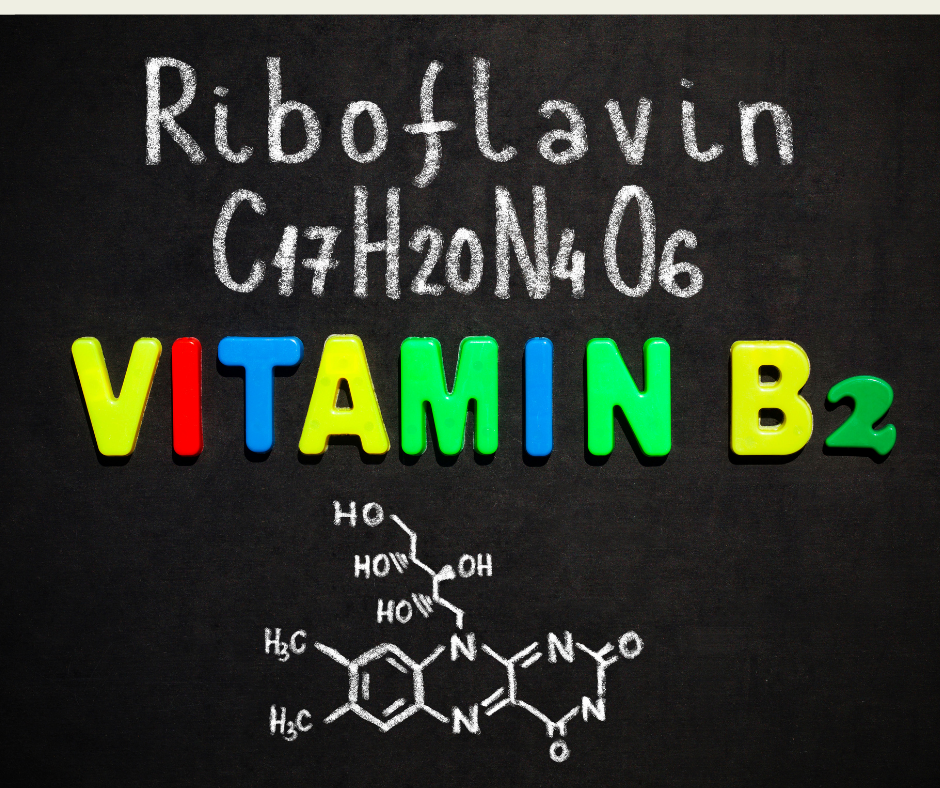
B2 (riboflavin)
What does it do?
Detoxifying
Energy synthesis
Plays a role in the glutathione anti oxidant cycle
Helps with zinc and iron cellular transport
Low B2 symptoms, itchy eyes, skin disorders, sores around lips and anaemia
Meat and dairy are good sources
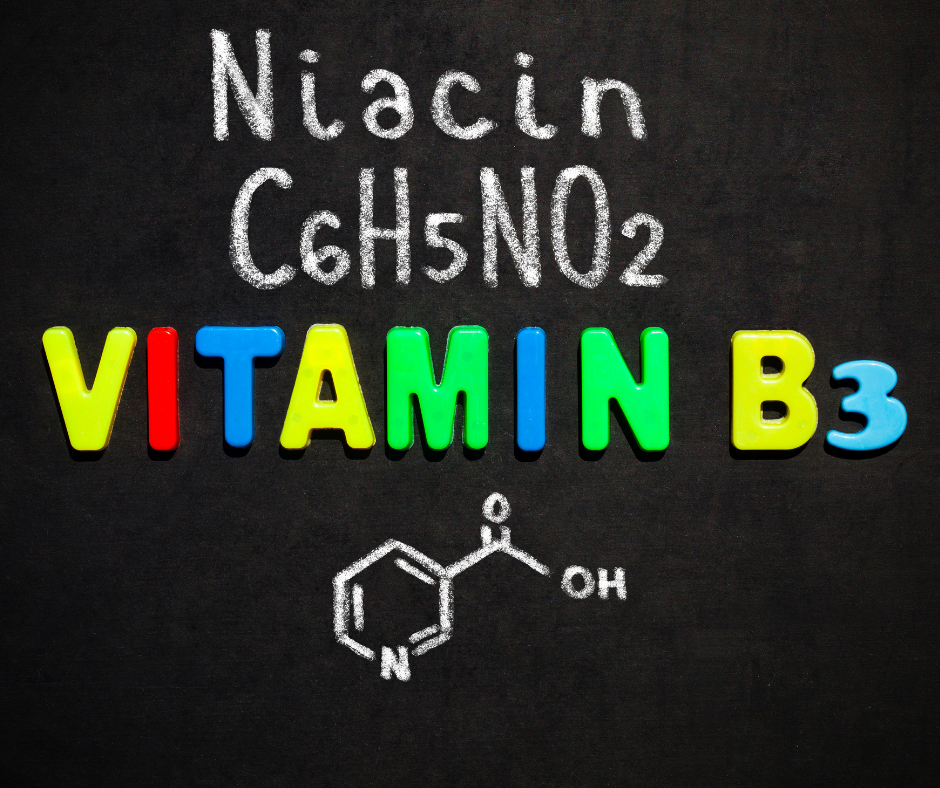
B3 (Niacin)
What does it do?
Predominantly used to release energy from food.
Keeps the nervous system functioning. Required to synthesise enzymes (more than any other vitamin in the body)
High doses can result in liver damage.
Low B3 skin discolorations, fatigue, depression and digestive irregularities such as vomiting or diarrhoea (oddly even constipation) Severe deficiency can lead to memory problems.
Lean meat, pork and fish are good sources
Do not supplement more than 2 days.
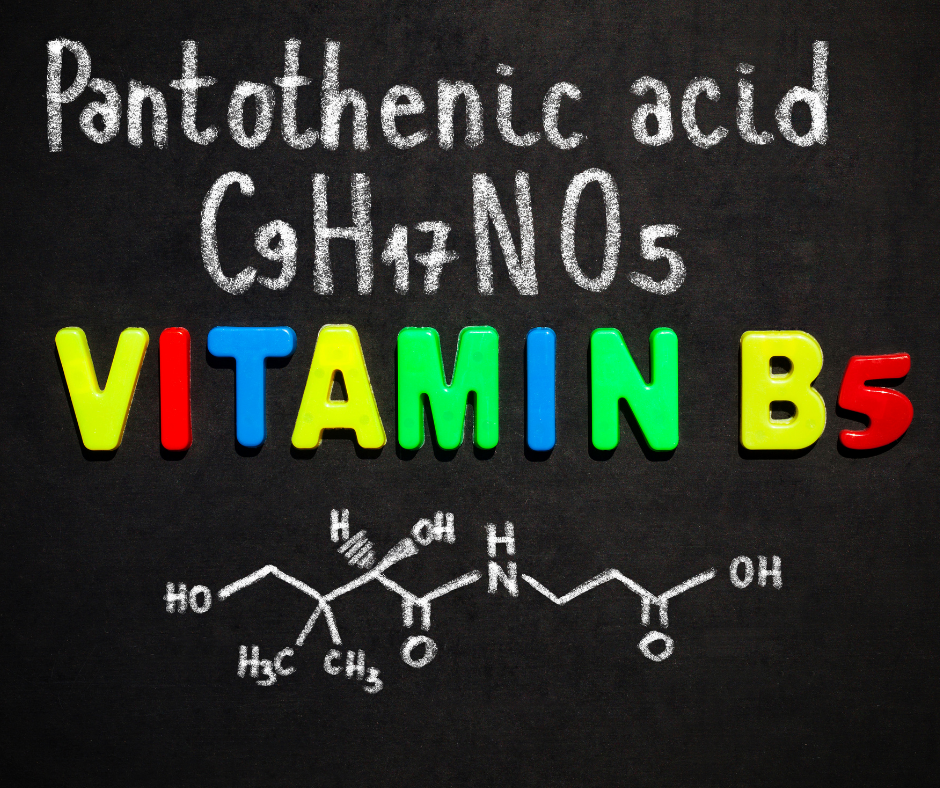
B5 (Pantothenic acid)
What does it do?
Energy metabolism
Precursors for many steroid hormones, vitamin D, adrenal hormones and neural transmission.
Low B5 signs are; Lack of sleep, numbness, lack of appetite, headache, irritability.
Good sources, steak, most meat in general.
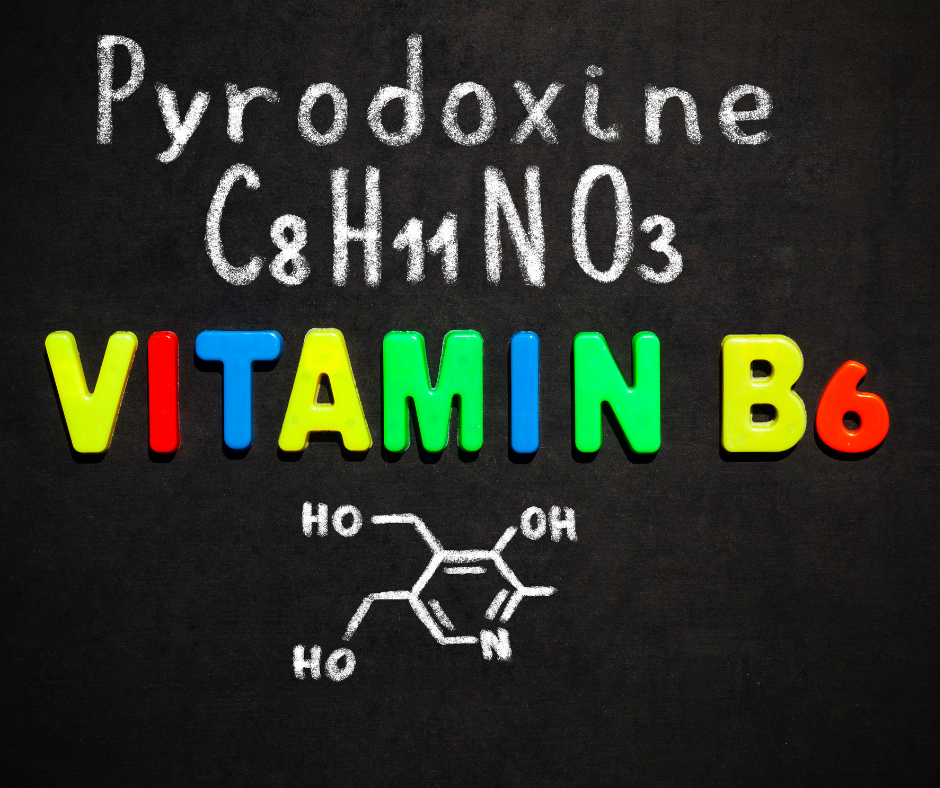
B6 (pyridoxine)
What does it do?
Makes over 100 enzymes, assists in glucose metabolism.
Normal red blood cell formation.
Regulation of hormonal activity, normal psychological function.
Common for people to have too much if they eat a lot of fortified foods
Low B6 leads to anaemia, cracks around the mouth, scales on lips, confusion and depression.
Steak and lean meat are good sources.
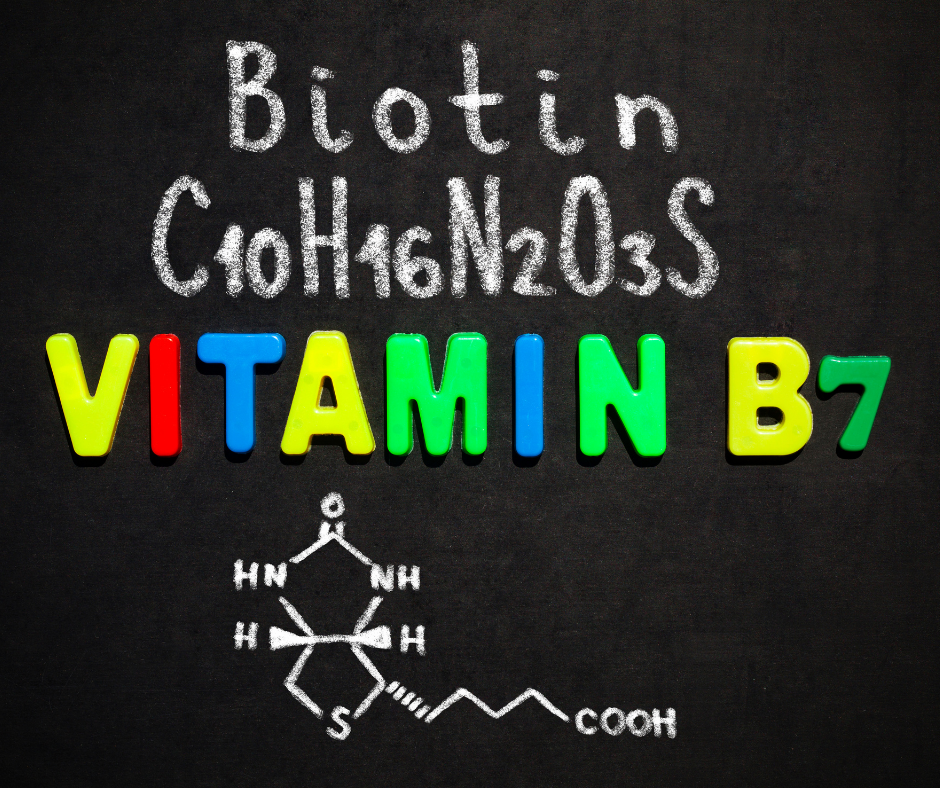
B7 (Biotin) (Vitamin H)
What does it do?
Macronutrient metabolism. Particularly fat and protein.
good levels show improved hair, skin and nails. Therefore symptoms are poor hair, skin or nails.
Egg whites can deplete biotin for some people
Fermented foods like kefir and yoghurt are often recommended in addition to meat.
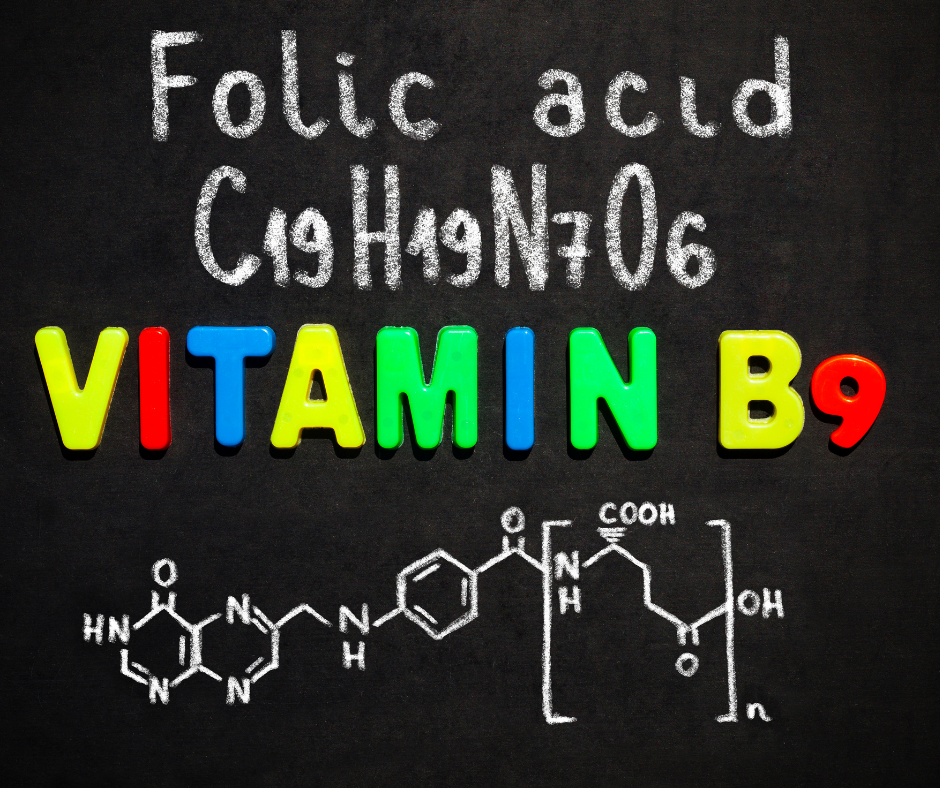
B9 (folate)
What does it do?
Assists the Metabolism for DNA and amino acids.
Needed for methylation synthesis of methionine from homocysteine.
Folic acid is a synthetic form of folate.
Low B9 symptoms are, weakness, heart palpitations and irritability.
Egg yolks are a good source.
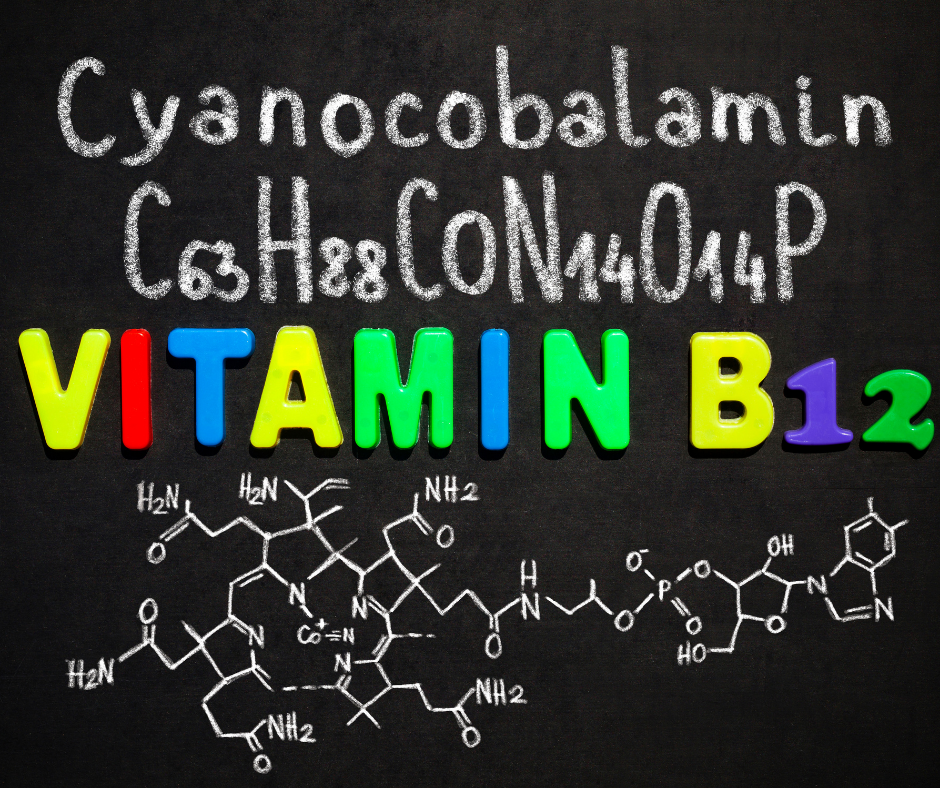 B12 (cobalamin)
B12 (cobalamin)
What does it do?
Nervous system functioning
Releasing energy from food
Red blood cells (maturation)
Cofactor for vitamin B9 in the folate cycle.
Can only get this from animal products (or from eating soil!)

That's all folks
I hope you enjoyed the basics about the Vitamin B complex.

BONUS MATERIAL
A little about supplements.
Supplements are not really the best answer to deficiencies. If you want to read on about supplementing, then I have an example of some issues regarding B12. Just to give you an idea.
Vitamin B12 and supplements
Vitamin B12
Obtaining the natural form of vitamin B12 is only available from animal products.
B12 is essential for the formation of red blood cells.
Science
Here is the science regarding Vitamin B12
"Notably, the risk of vitamin B12 deficiency increases when consuming a diet low in animal products. Humans are dependent on animal foods such as dairy products, meat, fish and eggs. Vitamin B12 deficiency is common worldwide, especially in populations with low consumption of animal foods because of low socioeconomic status, ethical reasons, or because of their lifestyle (i.e., vegans)."
https://pubmed.ncbi.nlm.nih.gov/31316992/
It also states "Low dietary intake of vitamin B12 results in elevated homocysteine levels and might affect DNA synthesis and DNA methylation."
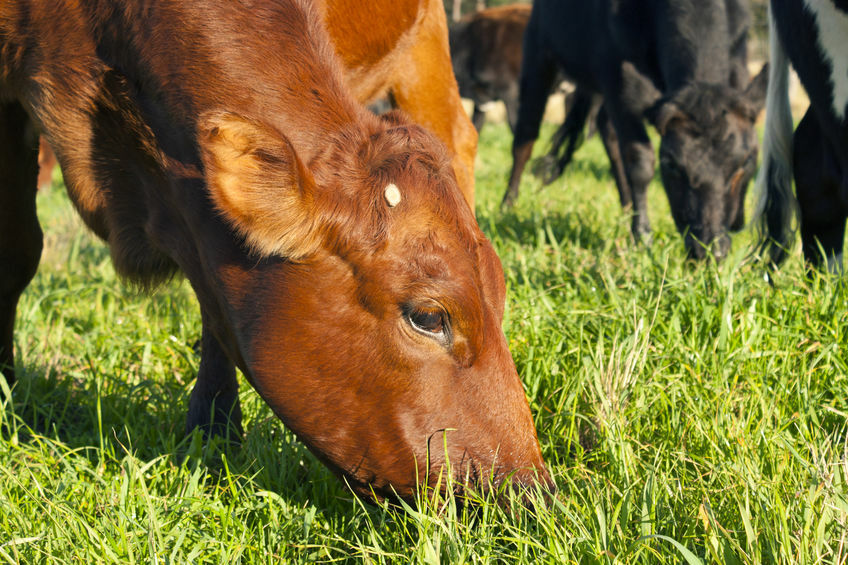
B12 Supplements are not a natural form of B12
Animals fed a grain based diet have to have vitamin B12 supplements on many occasions. Most B12 supplements contain a man-made form of B12 called cyanocobalamin.
B12 is often given as an injection
An injection of B12 is often cyanocobalamin
Cyanocobalamin (vitamin B12) is a man-made form of vitamin B12 used to treat low levels (deficiency) of Vitamin B12. A B12 deficiency may occur in certain health conditions (e.g., poor nutrition, stomach/intestinal problems, infection, cancer) and may result in anaemia, stomach problems, and nerve damage. Cyanocobalamin is available in generic form. Cyanocobalamin may cause low potassium levels in the blood (hypokalaemia). Tell your doctor if you have unlikely but serious side effects of Cyanocobalamin including:
muscle cramps, or
irregular heartbeat.
